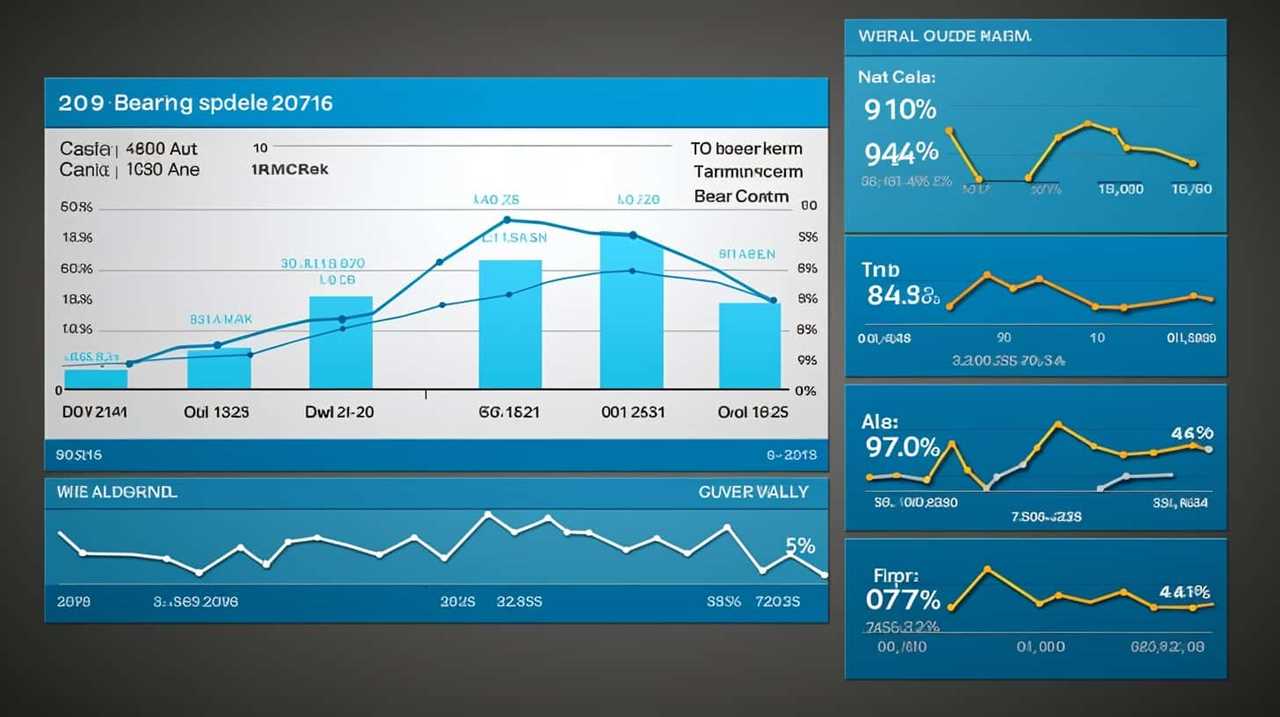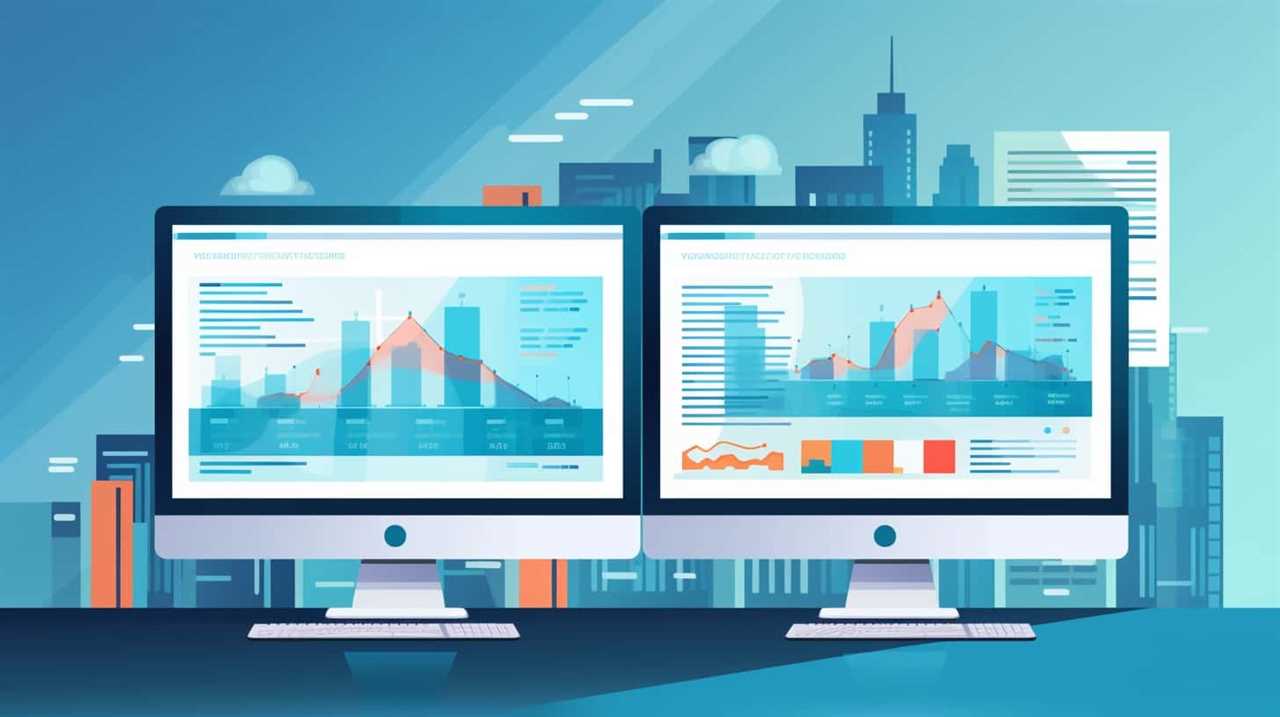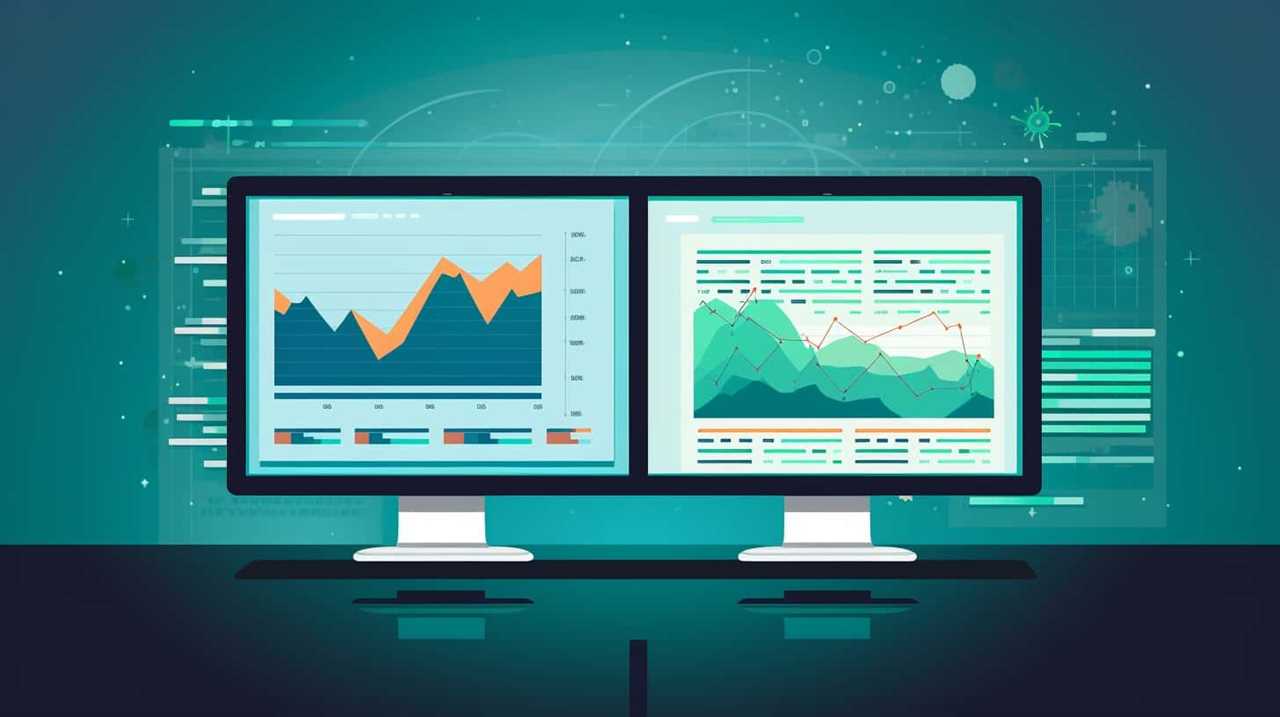Are you ready to master the skills of on-page SEO techniques?
In this article, we’ll uncover the secrets to boosting your website’s visibility and driving organic traffic.
From keyword research to optimizing meta tags, crafting compelling page titles, and enhancing user experience with internal linking, we’ll guide you through the best practices for optimizing your website’s on-page factors.
Get ready to take your SEO game to the next level and unlock the full potential of your website.

Let’s dive in!
Key Takeaways
- Keyword research and optimization are crucial for effective on-page SEO.
- Optimizing meta tags and page titles increases visibility in search engine results pages (SERPs).
- Internal linking improves website navigation and enhances user experience.
- Simple and understandable URL structure with relevant keywords enhances SEO value.
Importance of Keyword Research
Keyword research is an essential step in our SEO strategy as it helps us identify the most effective keywords to target for optimal on-page optimization. By conducting thorough keyword research, we can uncover long tail keywords that are highly relevant to our niche audience.
These long tail keywords are specific and targeted, making it easier for us to attract the right kind of traffic to our website.
Additionally, competitor analysis plays a crucial role in our keyword research process. By analyzing our competitors’ keyword strategies, we can gain valuable insights into the keywords they’re targeting and leverage that information to refine our own keyword selection.

This allows us to stay ahead of the competition and ensure that our on-page optimization efforts are aligned with the latest industry trends.
Optimizing Meta Tags for SEO
Moving on from the importance of keyword research, we now focus on optimizing meta tags for SEO. Meta tags provide information about a webpage to search engines and visitors. By optimizing meta tags, we can enhance the visibility and relevance of our webpages in search engine results. Below is a table summarizing the key meta tag optimization techniques and the SEO impact of meta tag keywords:
| Meta Tag Optimization Techniques | SEO Impact of Meta Tag Keywords |
|---|---|
| Use unique and descriptive tags | Improve search engine rankings |
| Include relevant keywords | Increase visibility in SERPs |
| Write compelling meta descriptions | Increase click-through rates |
Crafting Engaging and Relevant Page Titles
Crafting engaging and relevant page titles is an essential aspect of optimizing on-page SEO. Creating compelling headlines is crucial because they’re the first thing that users see when searching for information online.
A well-crafted title not only grabs the reader’s attention but also provides a clear indication of what the page is about. Including relevant keywords in the title helps search engines understand the content and rank it appropriately in search results.

By incorporating keywords that accurately reflect the page’s content, you increase the chances of attracting the right audience and driving organic traffic to your site.
Enhancing User Experience With Internal Linking
To enhance user experience, we can improve website navigation and content discoverability through the strategic use of internal linking. By incorporating internal links within our website, we can guide users to relevant pages and allow them to easily explore related content.
Here are three ways to enhance user experience through internal linking:
- Improving website navigation:
Internal links can be used to create a clear and logical site structure, making it easier for users to navigate through different sections of the website. - Utilizing anchor text effectively:
When creating internal links, it’s important to use descriptive and keyword-rich anchor text. This helps users understand what to expect when they click on a link and also provides search engines with valuable context. - Increasing content discoverability:
Internal linking can also be used to highlight important or related content within our website. By linking to relevant pages, we can encourage users to explore more of our content and increase their engagement.
By implementing these strategies, we can enhance user experience and improve the overall usability of our website.

Now, let’s move on to discuss best practices for URL structure.
Best Practices for URL Structure
Now, let’s explore three best practices for optimizing the URL structure of our website to improve its search engine optimization (SEO) performance.
URL optimization techniques play a crucial role in determining search rankings.
Firstly, it’s important to keep the URL structure simple and easy to understand. This helps search engines and users alike to navigate the website more efficiently.

Secondly, including relevant keywords in the URL can further enhance its SEO value. This provides search engines with valuable information about the content of the page.
Lastly, it’s recommended to use hyphens to separate words in the URL, as opposed to underscores or spaces. Hyphens improve readability and ensure that search engines can correctly interpret the URL.
Frequently Asked Questions
How Does Website Speed Affect On-Page Seo?
Website speed significantly impacts on-page SEO. Slow loading times can negatively impact user experience, leading to higher bounce rates and lower search engine rankings.
Additionally, with the increasing importance of mobile optimization for on-page SEO, fast loading times are crucial. Mobile users expect quick access to information, and if a website is slow, they’re likely to abandon it.

Therefore, optimizing website speed is essential for improving on-page SEO and providing a positive user experience.
What Are Some Common Mistakes to Avoid When Optimizing Meta Tags for Seo?
When optimizing meta tags for SEO, it’s important to be aware of common pitfalls and best practices. We should avoid making mistakes that could negatively impact our website’s ranking.
By focusing on keyword relevance, avoiding duplicate content, and using descriptive titles and meta descriptions, we can improve our on-page SEO.
It’s crucial to remember that meta tags play a significant role in search engine optimization, so taking the time to optimize them correctly is essential for success.

Is It Necessary to Include Keywords in Every Page Title for Effective On-Page Seo?
Including keywords in every page title isn’t necessary for effective on-page SEO. While it’s important to include relevant keywords in page titles, the focus should also be on creating titles that accurately describe the content and provide a good user experience.
Balancing keyword optimization with user-centricity is key. By considering the role of user experience in optimizing on-page SEO, we can create titles that attract both search engines and users, resulting in better rankings and increased traffic.
How Can Internal Linking Help Improve Search Engine Rankings?
Internal linking can greatly enhance search engine rankings. By optimizing anchor text, we can signal to search engines the relevance and authority of the linked page. This helps search engines understand the context and subject matter of the linked content, ultimately improving its visibility in search results.
Internal linking also allows for the distribution of link equity throughout a website, boosting the authority and visibility of all pages.

Are There Any Specific Guidelines to Follow When Creating URL Structures for Better On-Page Seo?
When it comes to creating URL structures for better on-page SEO, there are specific guidelines that we should follow. User-friendly URLs are crucial for improving search engine rankings.
By incorporating URL structure best practices, we can make our webpages more accessible and easier to navigate for both users and search engines. This not only helps with SEO but also enhances the overall user experience.
Conclusion
In conclusion, focusing on on-page SEO factors is crucial for improving website visibility and attracting organic traffic.
By conducting thorough keyword research, optimizing meta tags, crafting engaging page titles, enhancing user experience through internal linking, and following best practices for URL structure, you can ensure that your website is easily discoverable by search engines and provides a seamless browsing experience for your visitors.

Remember, as the adage goes, ‘A stitch in time saves nine’ – investing time and effort in on-page SEO now will yield long-term benefits for your website’s success.










